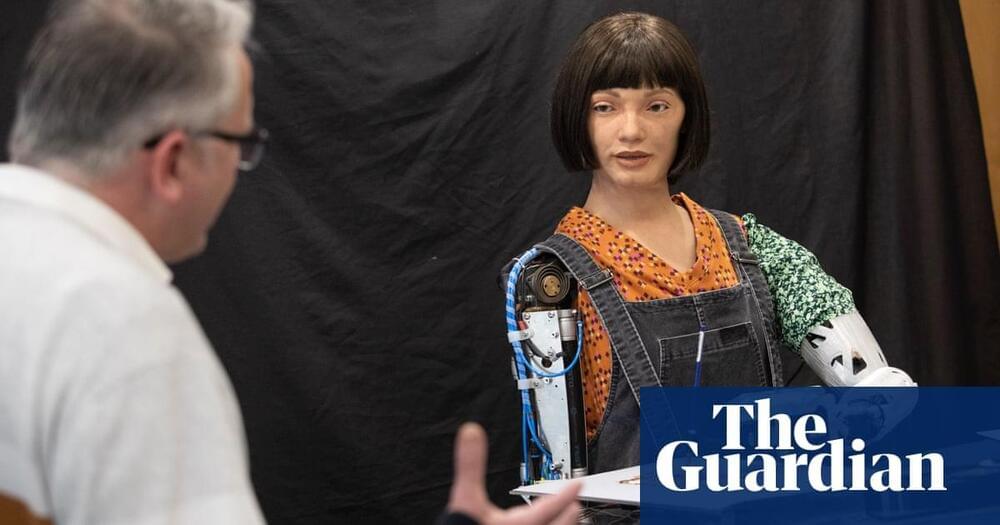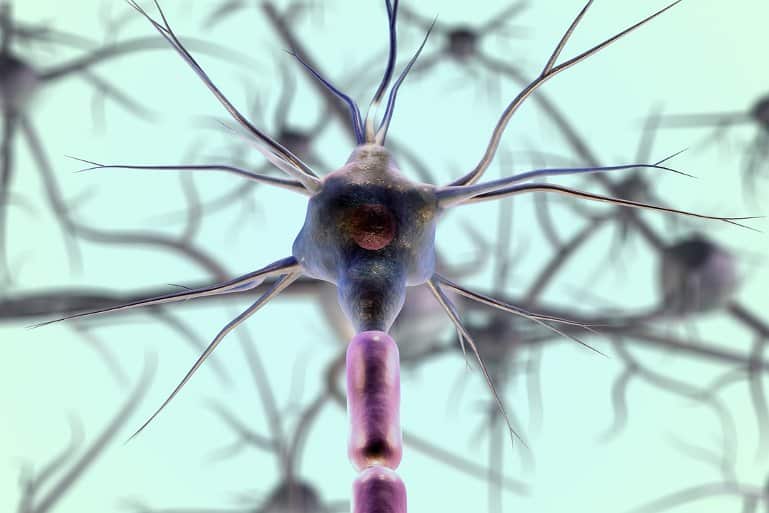In 1,832, Charles Darwin witnessed hundreds of ballooning spiders landing on the HMS Beagle while some 60 miles offshore. Ballooning is a phenomenon that’s been known since at least the days of Aristotle—and immortalized in E.B. White’s children’s classic Charlotte’s Web—but scientists have only recently made progress in gaining a better understanding of its underlying physics.
Now, physicists have developed a new mathematical model incorporating all the various forces at play as well as the effects of multiple threads, according to a recent paper published in the journal Physical Review E. Authors M. Khalid Jawed (UCLA) and Charbel Habchi (Notre Dame University-Louaize) based their new model on a computer graphics algorithm used to model fur and hair in such blockbuster films as The Hobbit and Planet of the Apes. The work could one day contribute to the design of new types of ballooning sensors for explorations of the atmosphere.
There are competing hypotheses for how ballooning spiders are able to float off into the air. For instance, one proposal posits that, as the air warms with the rising sun, the silk threads the spiders emit to spin their “parachutes” catch the rising convection currents (the updraft) that are caused by thermal gradients. A second hypothesis holds that the threads have a static electric charge that interacts with the weak vertical electric field in the atmosphere.








